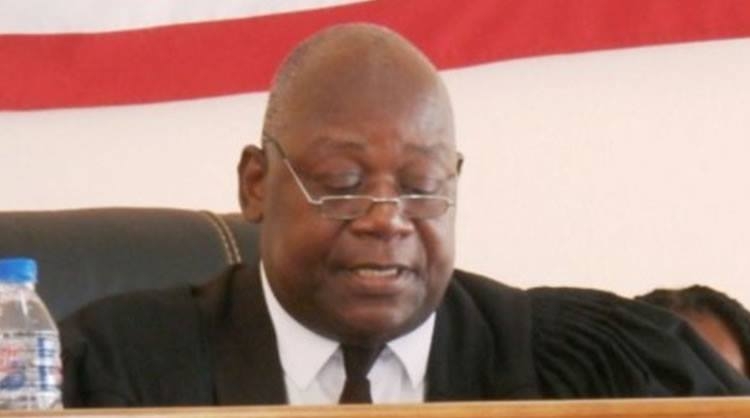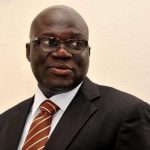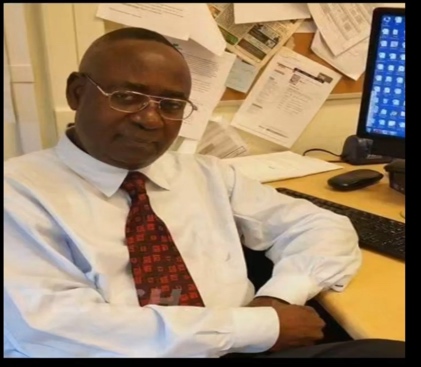Mankind, down through the ages has come the cry for knowledge and more knowledge. Around us, everything is changing and nothing seems permanent and fixed. The mountains crumble away, the rivers dry up in the Sahara Desert, and cease to flow, islands sink and new seas are formed. The great oaks, in all their majesty must succumb to transition, to change, or death. Man goes on his way and crosses the borderline into the unknown and seems to end his existence in the twinkling of an eye. Is there any part of man, therefore, or any part of nature, that is immortal, unchanging permanent and conditional? Still, there was always the quest for knowledge and the desire for answers to problems unsolved. Why are we here? Who are we? Whence have we come? And where do we go? Is this personality of ours, this individuality which we strive to build up through idealism and the elimination of undesirable traits, merely a temporary or imaginary creation of us ?
Judge Johannes Zogbay Zlahn was born unto the union of Samuel Zlahn and Oldma Vonyee Karsiah, in Marlay, Nimba County on February 15, 1956. He received his secondary education from Hillwood Mission School in 1979. He enrolled at the University of Liberia, with the intention of studying medicine in 1980. He was an employee of the Firestone Cocola Factory from 1978 to 1983, when he relocated to the United States of America and enrolled at Rhode Island College, Rhode Island. Upon the receipt of his graduate degree from Rhode Island College, he enrolled at Syracuse University Law School, where he graduated with honor in 1993. On the day of his graduation, he was recognized as the only man of color.
In October of 1993, he was employed as an Associate Attorney at the Benjamin J. Murawski Law Firm, located in Boston, Massachusetts and in 1995, he moved into the employment at the Alan Katz Law firm, also as an Associate Attorney. In 1998, he got married to his childhood sweetheart, The Beautiful Amelia Zlahn . I even participated in this wedding as a master of ceremony.
In 2,000, he returned to Africa to help to liberate his homeland from the yoke of oppression fostered by the Charles Taylor government. He returned to the United States again in 2002. In 2007, he was employed by the United Nations legal team in Monrovia, Liberia, and in two years, he became a Civil Court Judge at the Temple of Justice. He was in this position until his untimely death.









